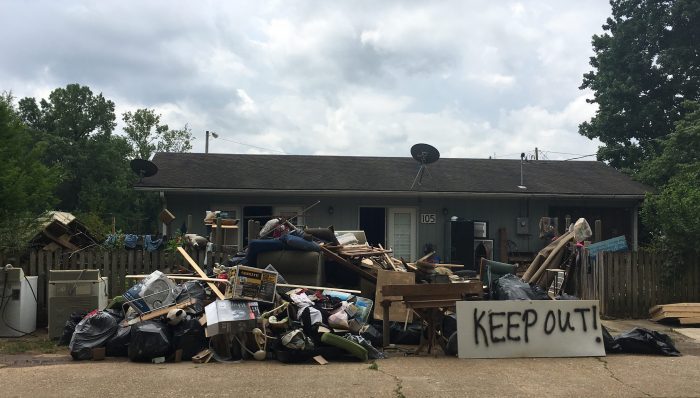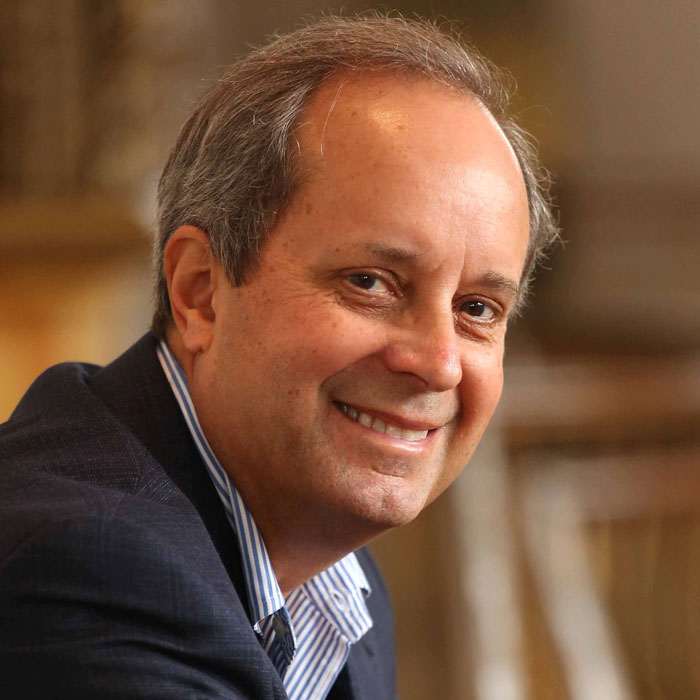How We Maximize Your Disaster Giving Impact
After a disaster strikes, the two most frequent questions we receive here at the Center for Disaster Philanthropy is “What do I do and when do I do it?” Donors want to do the right thing, but they often don’t know what action to take, and they’re afraid what they’re thinking of doing won’t be […]

After a disaster strikes, the two most frequent questions we receive here at the Center for Disaster Philanthropy is “What do I do and when do I do it?”

Donors want to do the right thing, but they often don’t know what action to take, and they’re afraid what they’re thinking of doing won’t be effective, or worse, actually be harmful. And when donors donate, they typically give within a few days of a disaster. CDP’s most recent State of Disaster Philanthropy report found nearly 80 percent of funding went to immediate relief. Little support goes to planning, preparation, mitigation, long-term recovery or building resilience – all activities that could lower deaths and destruction.
It’s not hard to understand why this is the case:
- Since foundations and corporations don’t engage in disaster-related giving on a regular basis, their support is episodic and inconsistent. Many foundations and corporations do not consider disasters to be a major part of their grantmaking.
- There are remarkably few foundations with staff dedicated to disaster grantmaking or experience in the humanitarian assistance.
- Most philanthropic giving (both institutions and individuals) is primarily motivated by “events” (e.g. Haiyan or Sandy). Few donors contribute to slow-onset natural disasters or complex humanitarian emergencies (e.g. Ebola and Syria).
- Few foundations and corporations have prioritized or allocated staff time to disaster planning, preparation, recovery, or resilience.
If you feel you don’t know what to do after a disaster, you’re not alone.
The Center for Disaster Philanthropy was created with the mission of helping foundations and corporations be more intentional in their disaster-related giving. We do this through education and information (e.g. State of Disaster Philanthropy, Disaster Philanthropy Playbook, webinars, our website), operating programs (e.g. Midwest Early Recovery Fund and Louisiana Disaster Recovery Alliance), and helping donors collaborate (e.g. Refugee Crisis Fund).
We also provide expertise to those looking for deeper experiences with areas like strategic planning and grants management with our consulting services.
Our staff has a reputation as solid collaborators, experienced educators, and professionals grounded in the fields of philanthropy and humanitarian assistance. With a balanced approach that touches both the strategic and the practical, CDP offers the following client-centered consulting services:
Strategic Planning – Maximize your disaster giving with a custom plan that leverages your mission and organizational priorities so you can respond quickly and effectively.
Grants Management – Meet your giving goals while minimizing your investment in a dedicated disaster staff when you have CDP develop and implement a grants management process.
Research & Analysis – Make more informed giving decisions based on our research briefs and data analysis. Follow disaster trends and understand their consequences for your community.
Grantee Identification – Leverage one of our core strengths when you have CDP align your organization with grantees that amplify your mission and values.
Here’s what a few of our current clients have to say about our services:
Westfield Insurance
“We appreciate that our colleagues at CDP took the approach of getting to know Westfield before prescribing direction. Given their knowledge of the numerous issues and needs within the disaster recovery space, we were impressed that our CDP colleagues were able to be impartial to any type of disaster, group of victims, or geographic location.”
The Annie E. Casey Foundation
“Based on our experience with the Center for Disaster Philanthropy, we would highly recommend this organization to assist you with your disaster grant-making strategy or process.”
TechSoup
“Two characteristics struck me most about working with the Center for Disaster Philanthropy; first, their depth of knowledge about disasters and how to effectively support disaster relief and recovery and second, Kim and Regine’s ability to simultaneously maintain a keen sense of humor while delivering a quality product.”
Based on the interest and demand for our work, we’re expanding our consulting services by adding a new business development director to our team. If you’re interested in this position, or know some we should consider, please contact us or pass along this job description: Business Development Director.
And if you’d like to know more about how you can make use of our consulting services, please contact me at bob.ottenhoff@disasterphilanthropy.org, or our Vice President Regine Webster Regine Webster at regine.webster@disasterphilanthropy.org.
